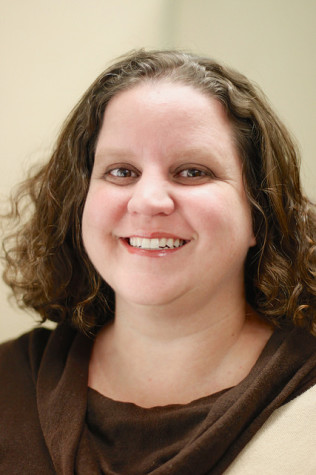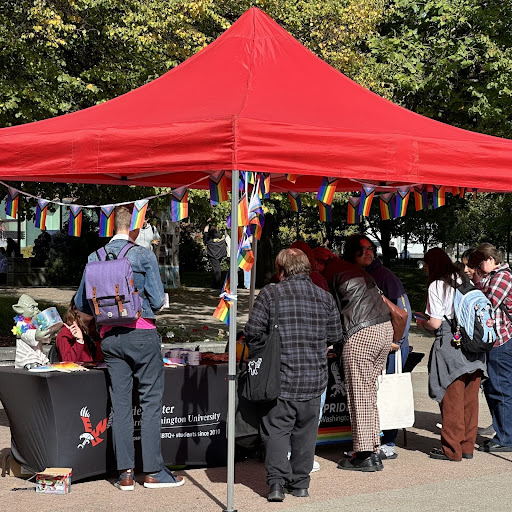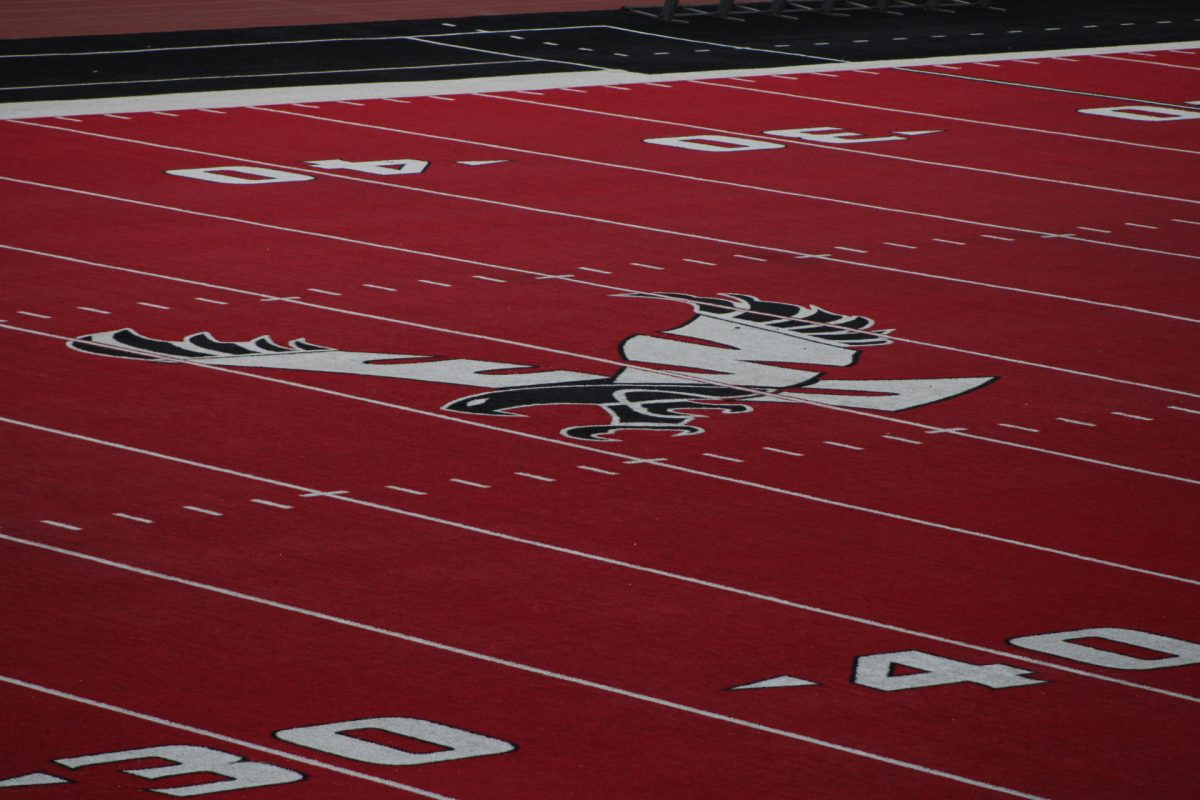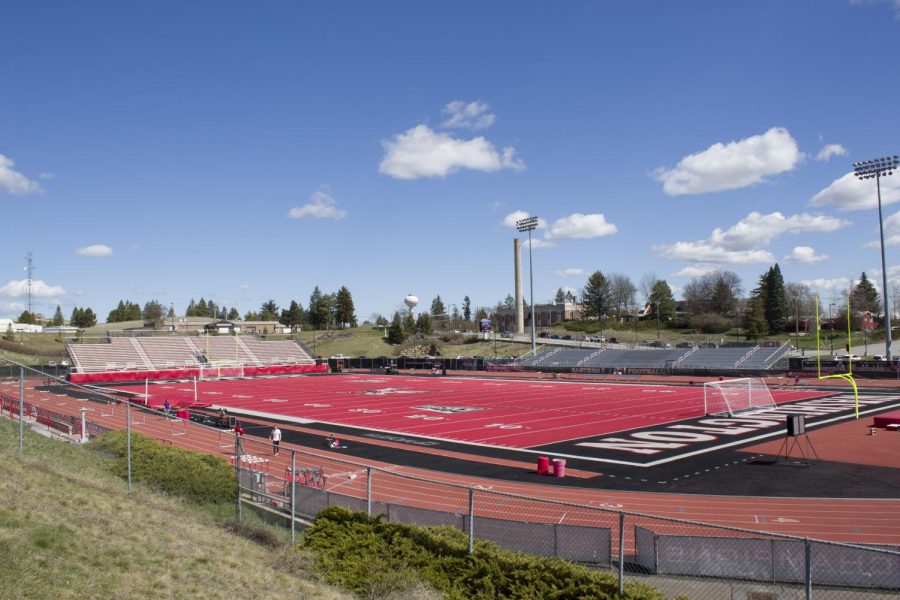Greeks writing the next chapter in philanthropy
April 4, 2013
Philanthropy in EWU sororities and fraternities has a long history that today’s Eastern students continue.
The first fraternity in the U.S. was created in 1776 and the first sorority in 1851, and while the original intent was to promote sociability among students, that intent soon expanded to include service as more Greek organizations formed across the country, according to AlphaDeltaPi.org and PBK.org, the websites of these first Greek organizations.
Sororities and fraternities at EWU are local chapters of national Greek organizations, each with its own history and special philanthropic cause.
“All fraternities and sororities are values-based organizations, so they all have value placed on engaging in community service and also engaging in philanthropic activities where they support either local or national charities,” said Samantha Armstrong, EWU adviser for leadership education. “Most of the requirements come from their national organization.”
EWU currently has 18 recognized sororities and fraternities with a variety of national causes including heart disease, autism, disability awareness and many more. According to Armstrong, students joining a Greek organization are told that the organization engages in community service.
The expectation is that members will participate and join in as part of each organization’s philanthropy ethic and service hours requirement. Each organization turns in monthly service hours for each member to Armstrong, who helps each group organize service and stay on track.
Reanne Charuhas is the student vice president of Panhellenic Societies and Philanthropy. “We had a ‘Mr. Greek’ pageant. … All the money went to cardiac care for [the organization’s] national philanthropy. Alpha Xi Delta had its annual spaghetti feed, unlimited spaghetti, salad and stuff at the community center, and raised over $2,000 for Autism Speaks,” Charuhas said.
Charuhas reeled off a list of projects done by different chapters for 26 Days of Kindness, such as a blood drive, candygrams, notes and special deliveries to people all over campus, support signs for EWU sports teams and more.
“Each sorority establishes its own community service requirements, varying from three hours to 10 hours a quarter,” Charuhas said. “This involvement needs to be outside of our group philanthropy work, getting out into the community.” She talked about how excited the women are to be involved in local elementary schools and shelters doing all kinds of projects.
Sigma Phi Epsilon President Aaron Steiner said, “This year we actually changed [from donating to our national philanthropy] to the Wounded Warrior project. They help wounded vets get back on their feet with medical expenses or housing or things like that.”
Sigma Phi Epsilon has members who have been or are currently in the military, and they consider veterans to be an important cause, according to Steiner.
Steiner also described an annual Haunted House fundraiser event held by his chapter house each fall. Community members, students and faculty donate $5 to come through and see the haunted house. This money is donated to Wounded Warriors.
Doran Williams is Sigma Phi Epsilon’s philanthropy chairperson. “We’re helping build a playground in Spokane and building with Habitat for Humanity,” Williams said. “We raised about $2,000 this last year [at Haunted House] and hope to raise more this coming fall.”
“Right now we don’t have any philanthropies planned,” Steiner said, “but we do want to do something for Youth Aid because that is our national philanthropy. We go through challenge courses, and each challenge requires community service for our members.”
One of Sigma Phi Epsilon’s principles is diligence, so members try to work hard in everything they do, according to Steiner.
EWU senior Amy Lucas is a member of Gamma Phi Beta. “It’s the best thing you can do for your college career,” Lucas said. Her sorority requires four service hours per quarter, and this last quarter the members held a pancake feed and gave the proceeds to Campfire Girls, their national organization’s charity.
“We’re starting another organization called Girls on the Run to get girls active, and that’s our new philanthropy. Our house is starting it next quarter,” Lucas said.
According to Armstrong, many nonprofit organizations have come out of college sororities and fraternities because of the emphasis they place on doing good. “Once those members graduate, … they want to focus on something, on creating a charity. Greeks take pride in charitable giving and what that means.”







